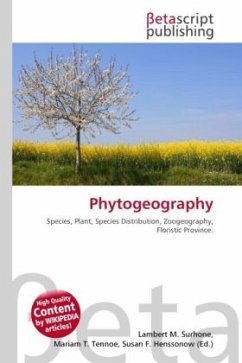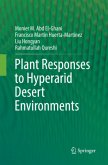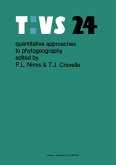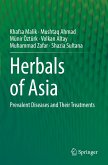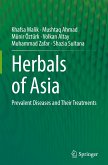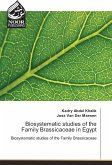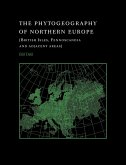High Quality Content by WIKIPEDIA articles! Phytogeography has a long history. One of the subjects earliest proponents was Prussian naturalist Alexander Von Humboldt, who is often referred to as the "father of phytogeography". Von Humboldt advocated a quantitative approach to phytogeography that has characterized modern plant geography. Gross patterns of the distribution of plants became apparent early on in the study of plant geography. For example, Alfred Russel Wallace, co-discoverer of the principle of natural selection discussed the Latitudinal gradients in species diversity, a pattern observed in other organisms as well. Much research effort in plant geography has since then has been devoted to understanding this pattern and describing it in more detail. Research in plant geography has also been directed to understanding the patterns of adaptation of species to the environment.
